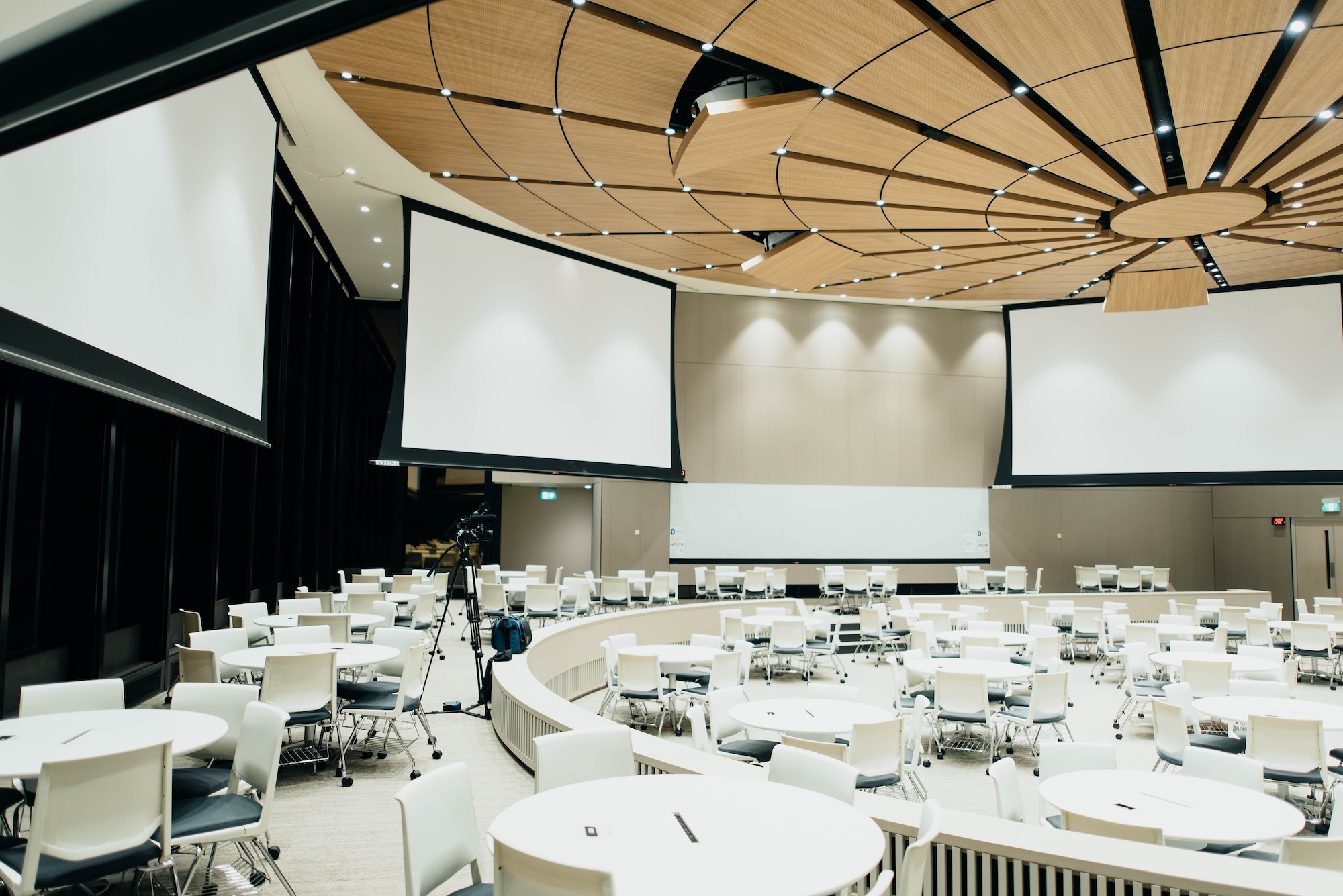The Importance of Continuous Learning in Today's Workplace

Ever felt that rush when you master a new skill? That’s not just the caffeine from your third cup of coffee. It’s the thrill of continuous learning. And guess what? In today’s fast-paced workplace, that thrill isn’t just for kicks—it’s a necessity.
Here’s why.
The World is Changing Faster Than a Speeding Meme
The digital age has transformed our world at an unprecedented pace. Remember when fax machines were the pinnacle of office tech? Now, we’re navigating cloud computing, AI-driven analytics, and virtual collaboration tools. According to a report by the World Economic Forum, 65% of children entering primary school today will ultimately end up working in completely new job types that don’t yet exist. This statistic isn’t just a fun fact—it’s a clarion call. Professionals must be proactive in updating their skills and knowledge. Because those who learn, don’t risk becoming worse in their roles, much like our old friend, the fax machine.
Brain Gym: Flex Those Neurons!
Our brains, much like muscles, thrive on exercise. Every new skill we acquire or fact we absorb is like a weightlifting rep for our grey matter. Continuous learning not only equips us with new knowledge but also keeps our cognitive functions sharp. A study from the National Institute on Aging found that intellectual stimulation can be a significant factor in delaying the onset of Alzheimer’s. Beyond professional growth, embracing a culture of continuous learning can be a protective shield against cognitive decline. It’s a win-win for both career and health.
Climbing the Career Ladder with a Book (or Podcast) in Hand
In today’s competitive job market, having a degree or basic qualifications isn’t always enough. Continuous learning acts as a differentiator. It signals to employers a commitment to personal growth and adaptability—two highly prized attributes in the modern workplace. According to LinkedIn’s 2020 Workplace Learning Report, 94% of employees would stay at a company longer if it invested in their learning and development. This not only underscores the value employees place on learning but also highlights its role in talent retention.

Adaptability: The New Superpower
The only constant in today’s professional landscape is change. Industries are evolving, merging, or sometimes even disappearing. In this flux, adaptability emerges as a superpower. The U.S. Bureau of Labour Statistics states that the average person changes jobs 10 to 15 times during their career. This doesn’t just mean a change of company, but often a shift in job roles or even industries. Continuous learning provides the tools to navigate these shifts, ensuring that professionals can pivot when needed, seizing new opportunities that arise.
Building Bridges with Broader Horizons
In our globalised world, the ability to understand and collaborate across cultures is invaluable. It’s not just about language, but understanding cultural nuances, business etiquettes, and societal norms. Continuous learning in this context goes beyond books. It’s about immersive experiences, cultural exchanges, and open dialogues. A Harvard Business Review article highlighted that multicultural networks promote creativity. Diverse teams, backed by a culture of continuous learning, can drive innovation, bringing varied perspectives to problem-solving.
The Joy of the 'Aha!' Moment
Learning isn’t just a chore or a box to tick. It’s a journey filled with moments of wonder, curiosity, and the exhilarating ‘aha!’ moments. These moments, where a complex concept suddenly becomes clear or when a solution to a problem emerges, are deeply rewarding. A study from the University of California, Berkeley found that these moments of insight activate the brain’s reward centre, releasing dopamine. This chemical release isn’t just a fleeting feeling of happiness. It reinforces the joy of learning, making us more inclined to seek out new knowledge and experiences.
Future-Proofing Like a Pro
The workplaces of tomorrow will be shaped by technological advancements we’re only beginning to understand. AI, machine learning, automation, and other emerging technologies will redefine roles, create new professions, and render others obsolete. A McKinsey report suggests that by 2030, up to 375 million workers may need to switch occupational categories due to automation. Continuous learning is the key to staying ahead of this curve. It ensures that professionals are not just reacting to changes but are equipped to lead and innovate amidst them.

Because Learning is Just Plain Fun
Beyond the professional realm, there’s an intrinsic value to learning that often gets overshadowed: the sheer joy of discovery. Whether it’s mastering a new hobby, understanding the intricacies of a historical event, or simply diving into a captivating novel, learning enriches our lives in countless ways. A study from San Francisco State University found that people who engage in creative hobbies and continuous learning outside of work not only experience personal fulfilment but also perform better in their jobs. This balance between professional development and personal enrichment creates a holistic approach to growth, ensuring that we’re not just evolving as professionals but also as individuals.
Creating a Culture of Curiosity
Incorporating continuous learning into a company’s culture goes beyond just offering training programs. It’s about fostering an environment where questions are encouraged, where employees are given the freedom to explore new areas, and where innovation is not just a buzzword but a way of life. According to a report by Gallup, organisations that have a strong learning culture experience increased employee engagement, greater agility to adapt to changing market conditions, and better business outcomes. By promoting a culture of curiosity, companies are not just investing in the individual growth of their employees but are also ensuring their own long-term success.
The Ripple Effect of Knowledge Sharing
Continuous learning isn’t a solitary endeavour. When one person learns and grows, they often become a conduit for the growth of others. Sharing insights, collaborating on projects, or simply discussing a new concept can lead to a ripple effect, spreading knowledge throughout an organisation. This collaborative approach to learning can lead to more cohesive teams, innovative solutions, and a more informed workforce. A study by the Association for Talent Development found that firms that invested significantly in training and development outperformed the market, seeing a 24% higher profit margin compared to companies who spent less on training.
Empowerment Through Education
At its core, continuous learning is empowering. It provides individuals with the tools to take control of their careers, to adapt to challenges, and to seize new opportunities. In a rapidly changing world, knowledge truly is power. By committing to lifelong learning, individuals are not just enhancing their resumes; they’re building confidence, fostering resilience, and ensuring that they remain at the forefront of their industries.
In Conclusion
The importance of continuous learning in today’s workplace cannot be overstated. It’s a blend of professional development, personal growth, and the joy of discovery. In a world marked by rapid technological advancements and shifting industry landscapes, continuous learning is the anchor that keeps professionals grounded, relevant, and ever-evolving. So, to all the lifelong learners out there, keep that curiosity burning bright. The journey of learning is endless, filled with challenges, joys, and countless ‘aha!’ moments. Embrace it, and remember: every day could offer a new lesson. 🎓🚀
From the blog

Businesses & Drink Spiking Awareness
Another unfortunate ‘epidemic’ that has recently taken the UK by storm recently is an increase in drink spiking incidents. Anxiety and fear amongst the UK’s partygoers and bar patrons. But with this, you can fight it as an organisation and as individuals.

